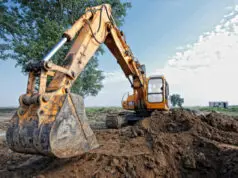
In a time when climate change is becoming more evident with more emphasis being placed on the environment, everyone has to do their part in maintaining the pristine parts of the planet. One place where we have to keep our eyes on are lakes – large non-flowing bodies of freshwater that serve multiple ecological roles for the surrounding ecosystem. While lakes have organisms and specific properties that help them maintain and sustain themselves, there are certain ways people can help.
8 Ways to Maintain Lakes
While all bodies of water are important in their own way, lakes are especially important because they contain freshwater, unlike larger bodies of water such as oceans and seas that hold saltwater. While plants can get water from the rain and the ground, animals have to look for a clean source of fresh water – and lakes provide this service.
If you have a lake on your property or just want to do your part to help the environment, Karina Lakefront Maintenance suggests eight different ways to maintain lakes.
1. Proper disposal of waste
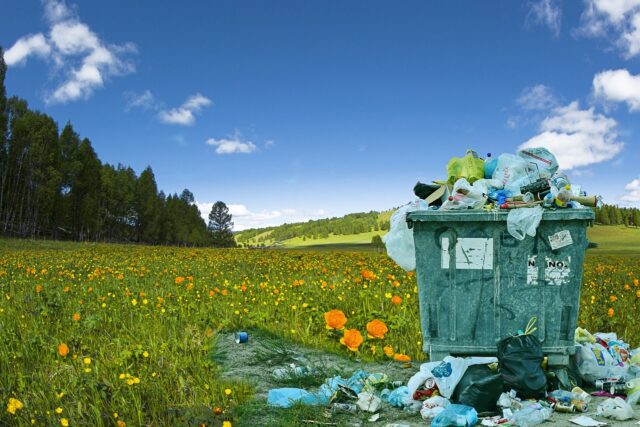
One of the easiest ways natural bodies of water such as lakes get polluted is when waste and garbage are thrown in them and accumulate. Plastic is one of the worst things people can throw into lakes because not only do they take hundreds of years to decompose, but it also slowly release compounds into the water that have been studied to be health hazards.
Aside from plastics, people have to properly dispose of certain items such as solvents, grease and oil, and medicine. These all contain substances that will do harm when introduced into bodies of water such as lakes.
2. Reduce. Reuse. Recycle.
You would have heard this slogan before: reduce, reuse, recycle. It is one of the hallmark principles by which environmentalism stands by. Living by this phrase will ultimately help keep the environment and lakes safer from anthropogenic activities and effects because water is one of the main resources being used in manufacturing products.
Being able to reduce, reuse, and recycle items will help maximize the water used to produce those items in the first place.
3. Be mindful of your products
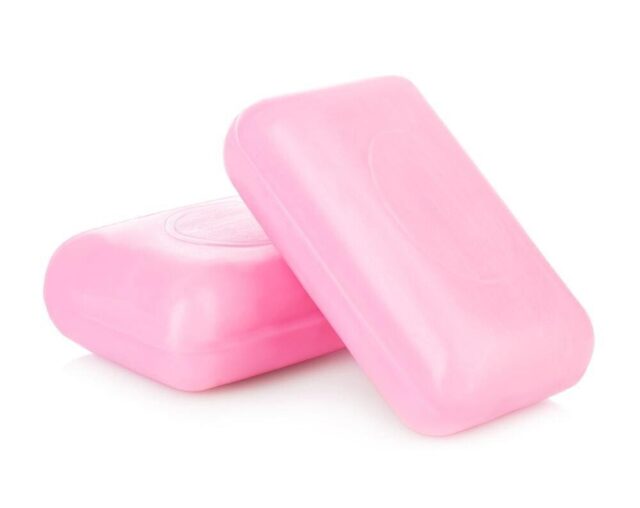
Do you check the label of items you use on a regular basis? For example, soaps and cleaning products typically contain phosphorus.
While this chemical is necessary for life and is found as a building block of important biomolecules such as DNA, the disposal of phosphorus in bodies of water can prove disastrous in the long run. This nutritious substance can cause the overpopulation of dangerous algae – a phenomenon called harmful algal blooms (HABs). These algal blooms prove to be quite toxic and can kill local aquatic life in lakes.
4. Use less water
If there’s anything you can do to help the environment and all its natural bodies of water, not just lakes, using less water would be the way to go. There’s no debate that water is one of the most precious resources we have. This is evident since space agencies even try to look for liquid water on other planets.
The least we can do is make sure that there’s going to be enough water on Earth to go around for a long time. One of the simplest things we can do is to turn off the tap when not in use. People can also collect clean rainwater as an additional source of water for certain activities that do not necessarily need water from the drain.
5. Promote sustainability
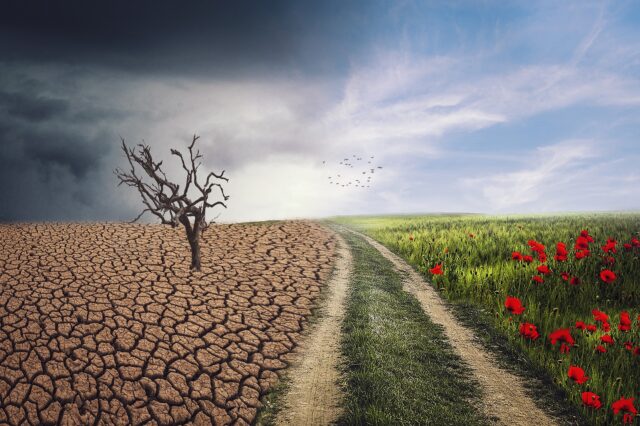
While people cumulatively use an abundant amount of water, this is nowhere close to the amount of water that industries use for their operations. One way you can help maintain lakes is by supporting and promoting companies that follow sustainable protocols and methods that will eventually leave a smaller mark on the environment compared to non-sustainable companies.
By openly holding industries accountable for their contribution to environmental degradation, real change can occur.
6. Keep your car in shape
While this may seem like a trivial aspect, keeping your car repaired and in tip-top shape can actually help keep lakes clean. This doesn’t necessarily mean that you should have your entire car checked – only the parts that can possibly leak oil, oil-based lubricants, and other toxic liquids.
When your car leaks these harmful substances, they don’t always stay on the roads. Rain can wash them away and introduce them to your lake where they will do serious damage to aquatic life.
7. Lessen the use of agrochemicals
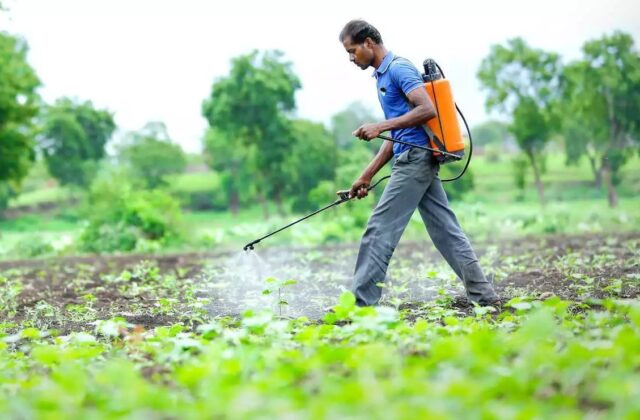
Agrochemicals refer to the chemicals used in agriculture. While you may not be in a farm, you can still be using the same products in your garden. These include fertilizers, fungicides, pesticides, and such.
These products help plants grow because they contain a lot of nutrition. However, when these chemicals are used excessively and are carried off by rain to the nearest lake, then these substances will also possibly cause harmful algal blooms. If you must use plant growth-promoting products, try biological agents and compost.
8. Join environmental organizations
If you want to meet people with similar interests, then joining an environmental organization might be the best thing to do. You don’t have to join a large one, even a small local organization will suffice – as long as they are active.
Being a member in one of these environmental organizations will help keep you updated and informed on environmental matters that people have to be aware of. Furthermore, these organizations usually have activities (e.g., clean-ups, donation drives, etc.) that can impact the local environment in a positive way.
Conclusion

Aside from these eight tips, there are always more and more things people can learn to do to help keep lakes as beautiful as they are. People nowadays can take lakes for granted because they have been around for some time, but we all have to do our part so that the future generations can enjoy seeing lakes as well.



